There are plenty of myths out there about fitness supplements that give mind-blowing results. Who doesn’t want the body promised on the labels of supplements and advertisements in the local nutrition store? With the aisles congested with whey proteins, BCAA powders, and creatine, few people are giving attention to a lesser-known powerhouse—beta-alanine. Is this supplement worth it?
Read more to find out.
What Is Beta Alanine?
There are about 20 amino acids that the human body can use to function, but only nine of those have been dubbed “essential.” These essential amino acids (EAAs) come in two forms: branched and not branched. Because the human body can’t produce EAAs, humans need to digest the amino acids, but sometimes our daily diet is not enough to provide enough amino acids for optimal health and wellness.
Now, where does beta alanine fit into all of this? Beta-alanine is one of the nonessential amino acids, meaning that our bodies can create it. Beta-alanine is also not considered to be used by the body like EAAs and BCAAs in protein synthesis. Instead, the body uses beta alanine in a compound with the essential amino acid L-histidine to create a molecule called carnosine.
Carnosine is found in two places—your muscles and your brain.
How Does Beta Alanine Work?
In order to understand the how and why of taking beta-alanine supplementation, we have to backpedal a little and delve into biochemistry for a tick. You see, beta alanine has an indirect effect on our bodies by forming carnosine. Since the amount of carnosine is limited to the amount of beta-alanine present in our bodies, the more beta alanine we have, the better.
But why, you ask?
Carnosine is a lactic acid buffer. Biologically speaking, carnosine is an intracellular buffer, meaning it works inside the muscle. Lactic acid, as you are probably aware, is the by-product of the body metabolizing ATP. In turn, we get that burning sensation in our muscles when we workout and later, muscular fatigue.
However, if carnosine is present in our muscles, you increase the muscles’ ability to soak up the hydrogen ions and pyruvate that come from metabolized ATP. This helps prolong your workout by limiting the amount of burn you feel. From a weight training standpoint, the less “burn” you feel, the longer you can workout.
The reason popping straight carnosine supplementation doesn’t work is because carnosine rapidly breaks down during the digestive process, whereas beta alanine doesn’t.
What Are The Benefits Of Beta-Alanine?
Aside from helping the human body get more carnosine, the benefits of beta-alanine supplementation include better athletic performance, muscular strength and endurance, and improved body composition.
Less Exhaustion
Studies have proven that beta-alanine will increase the time to exhaustion (TTE). This means that you can work out harder for longer. The research took a group of cyclists and found that four weeks of beta-alanine increased the total amount of work by 13%. After ten weeks, that amount of completed work increased by another 3.2%.
For those who love HIIT, beta-alanine can benefit you too. Muscle acidosis puts limits on how much a person can do of high-intensity movement. When taking beta-alanine, though, a study found that within six weeks of supplement, athletes increased their TTE by 19%.
Average supplementation of beta-alanine can increase athletic performance by 2.85% when running at a steady pace on a treadmill. While that doesn’t seem like a tremendous jump in performance, that 2.85% can make a difference in minutes and miles when you’re running. For example, that means gaining an advantage of 6 seconds in a 1,500-meter run.
Body Composition
As mentioned above, beta alanine increases the level of carnosine in the body. Aside from acting as a lactic acid buffer, carnosine has another job as an antioxidant. Studies have found that carnosine helps with neutralizing free radicals and can reduce oxidative stress, both of which occur naturally during workouts.
Test tube studies have also found that elevated levels of carnosine assist with nitric oxide production, which improves heart health and improves the aging process.
Aside from making the internal process work more effectively, beta alanine has also been proven to aid in muscle growth. The obvious cause is due to having more time to workout. Two studies were done with both men and women who regularly do HIIT sessions. The men and women who supplemented with beta-alanine instead of the placebo gained about 2 pounds of lean body mass. The placebo group gained nothing.
How Much Beta Alanine Should I Take?
The usual supplementation for beta alanine is a recommended 400-800 mg (2-5 grams daily). Within a period of 4 to 10 weeks, your carnosine levels will rise.
On average, if you use around 179 grams over a 6 to 12 week period, you can optimize the amount of carnosine concentration in your muscles. For those who are looking to step up their athletic performance before a certain competition, knowing when to begin supplementation can help you improve and give you the competitive edge.
However, there is one caveat when supplementing with beta-alanine. Those who are supplementing about 2-5 grams of beta-alanine a day may be at risk of parasthesia, which is that “pins and needles” feeling that you get when a limb “goes to sleep.” Since this feeling can be intense or disconcerting for some, you should start with a smaller dose of beta-alanine to see how the supplement will affect you. As you build up more of a resistance, you can increase the size of the dosage.
The Bottom Line About Beta Alanine
Now that you know about beta alanine, the nonessential amino acid that helps raise carnosine levels in your body, do you think you want to try supplementation?
Since carnosine and beta-alanine are both useful within the body by decreasing muscular fatigue and promoting muscular growth, those who seek a more competitive edge or faster gains might find beta-alanine supplements to be an excellent choice. Additionally, beta-alanine can be combined with creatine, whey, and other supplements to help you reach your fitness goals faster.
What more facts about supplements delivered right to your inbox? Sign up for our newsletter today!
The post Benefits of Beta-Alanine appeared first on Gaspari Nutrition.



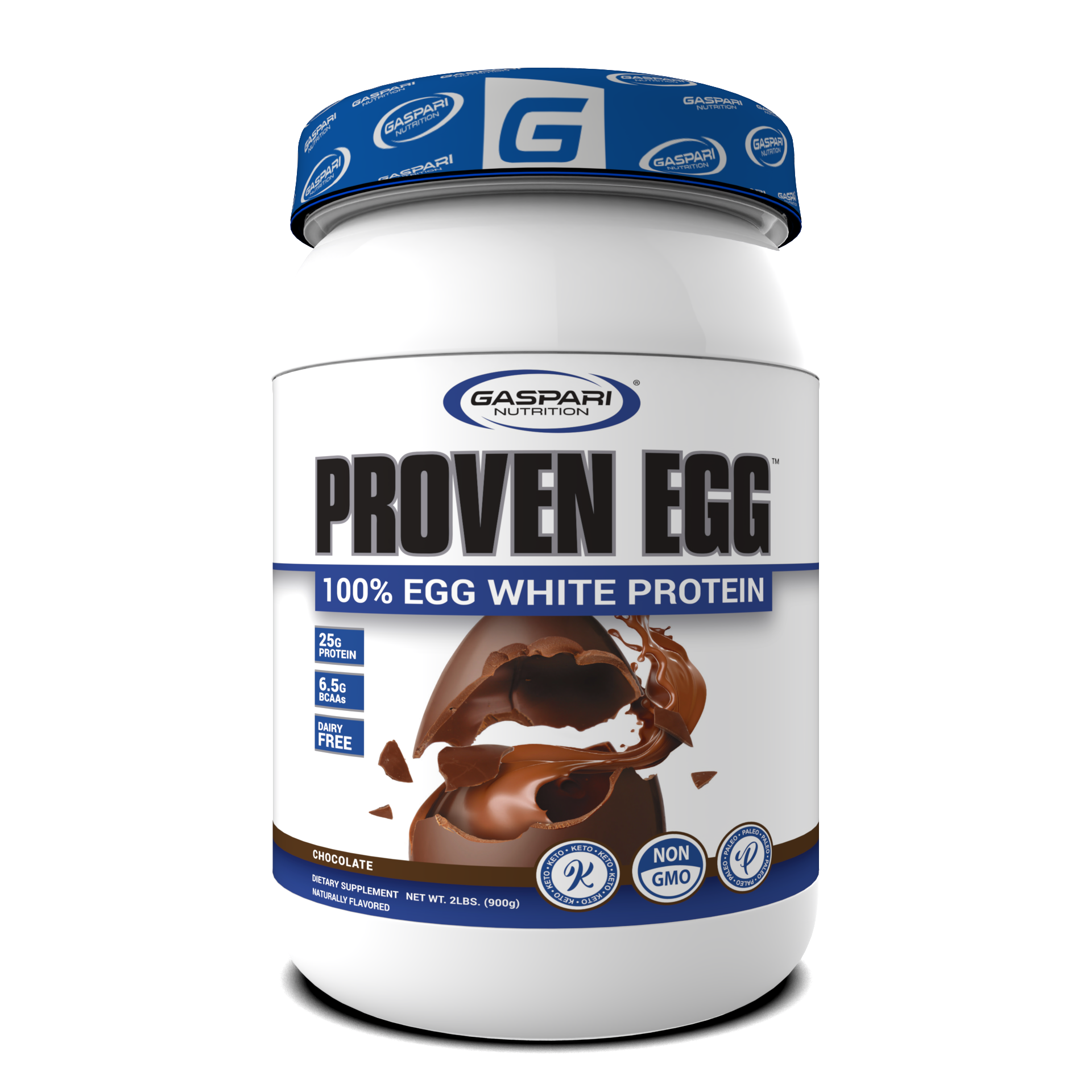



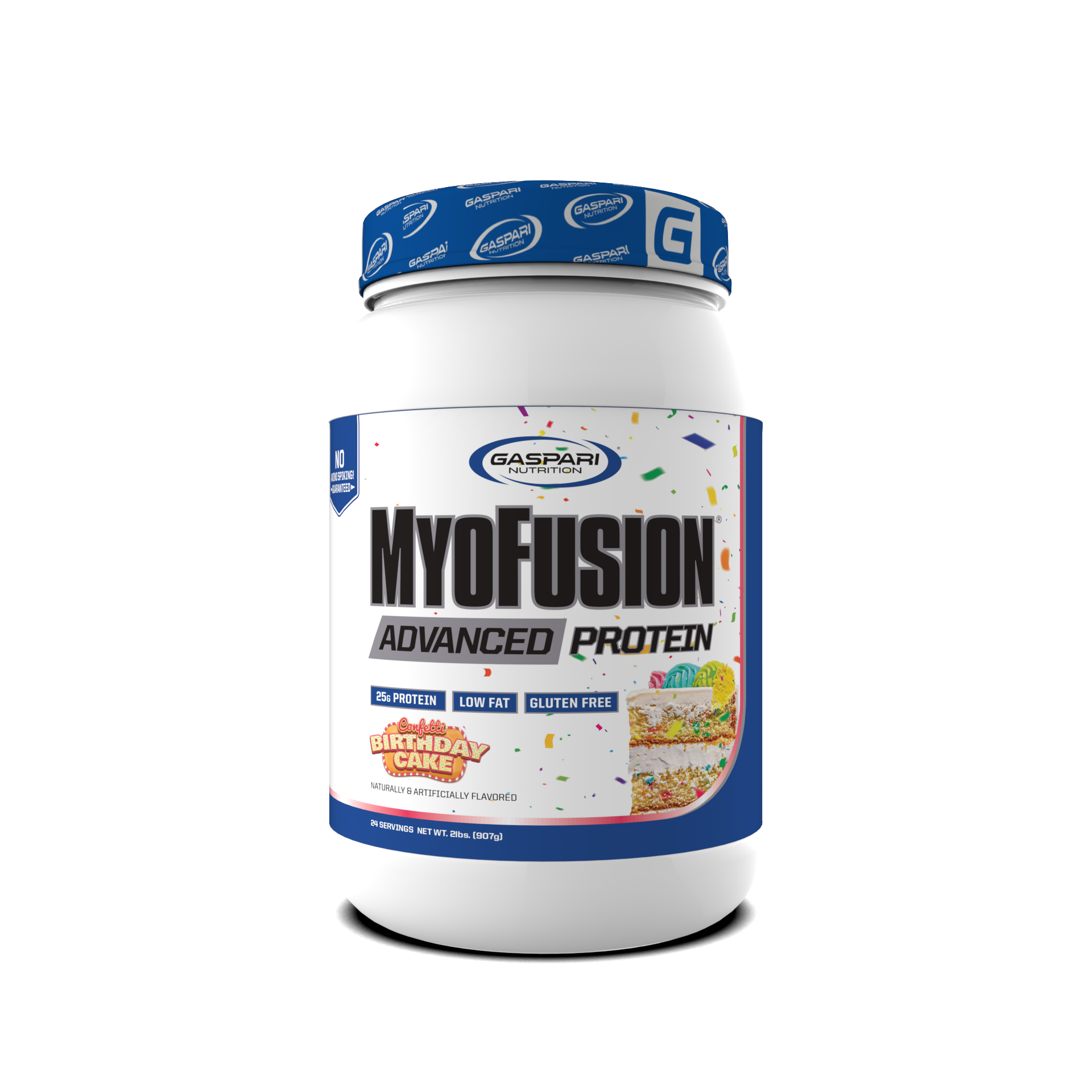



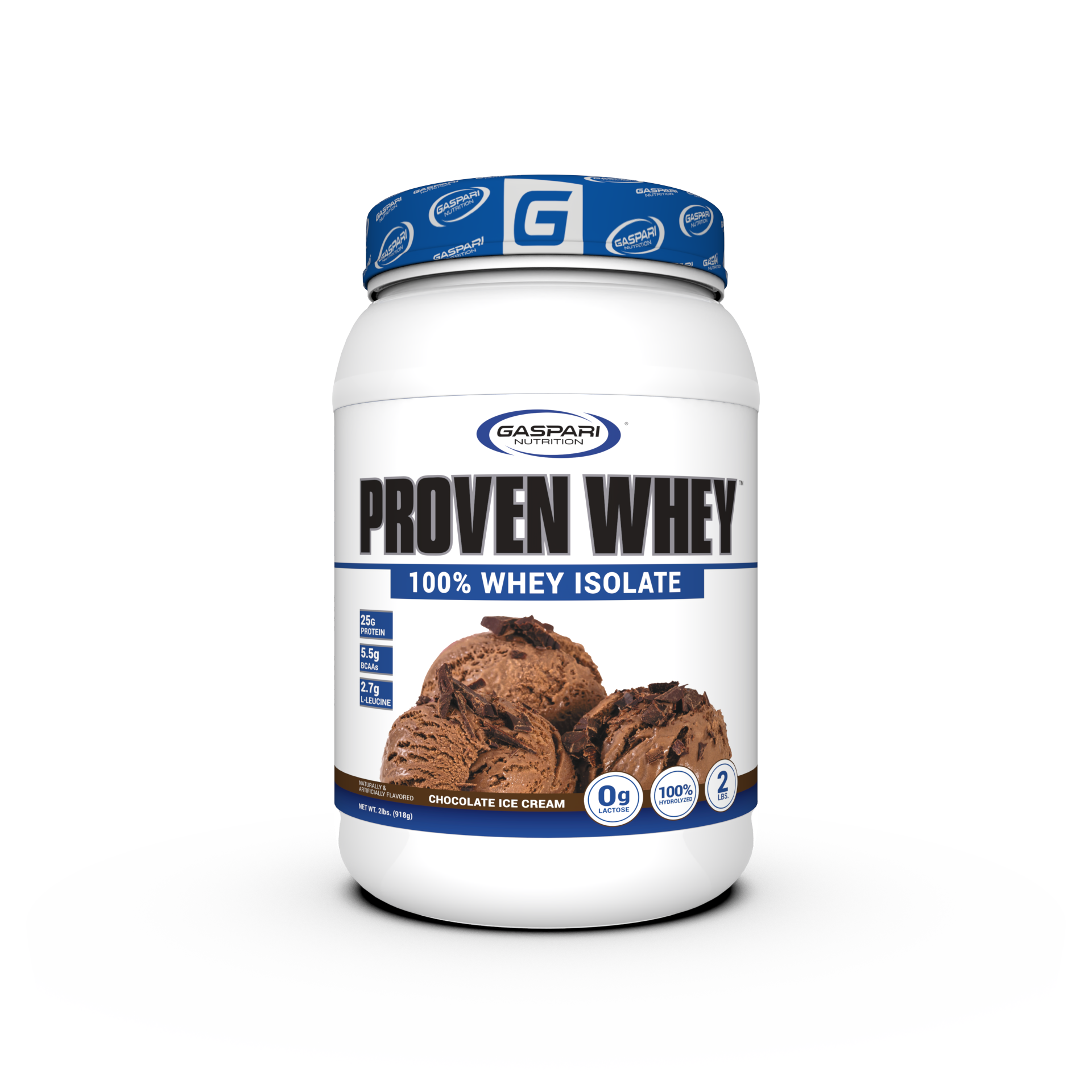




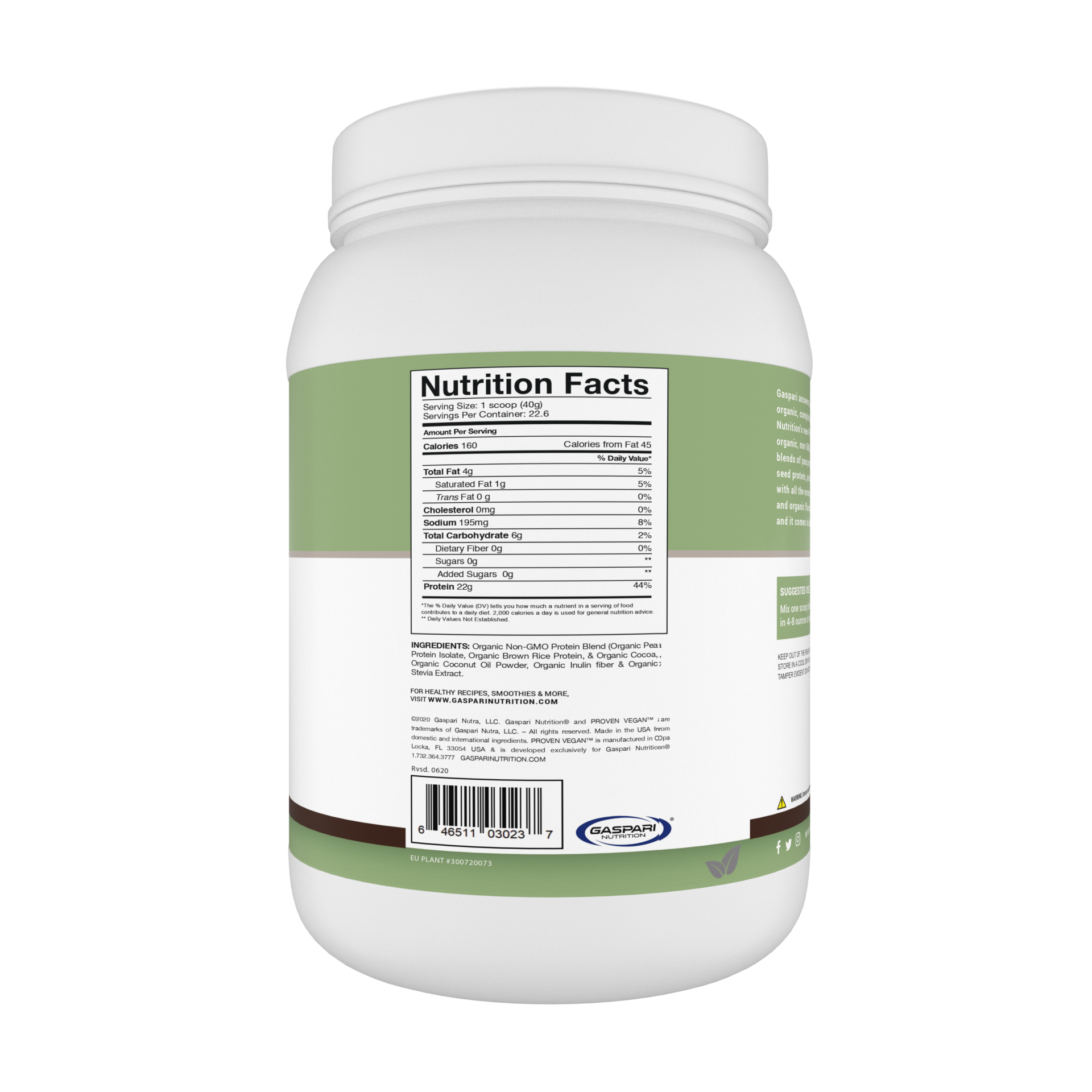






















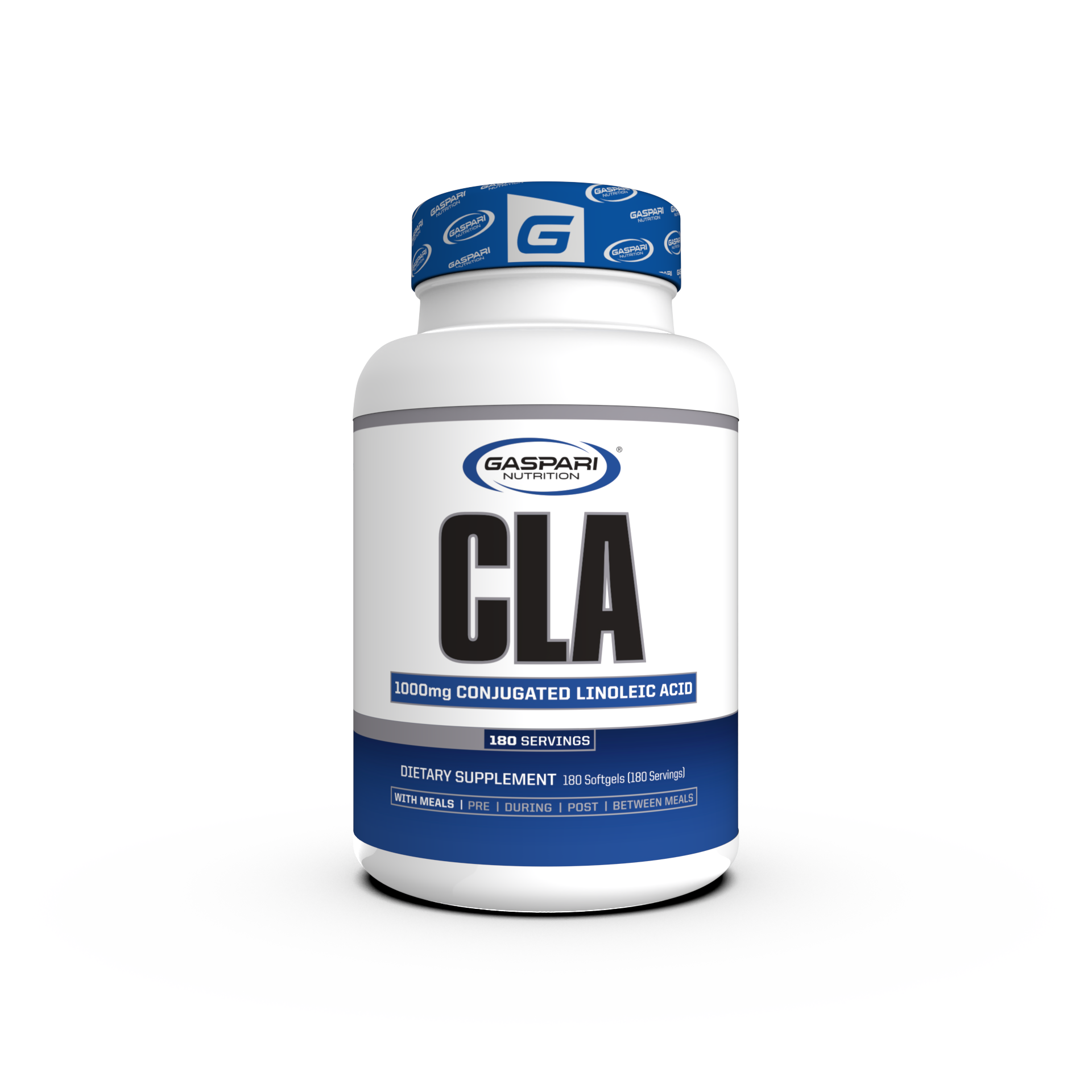



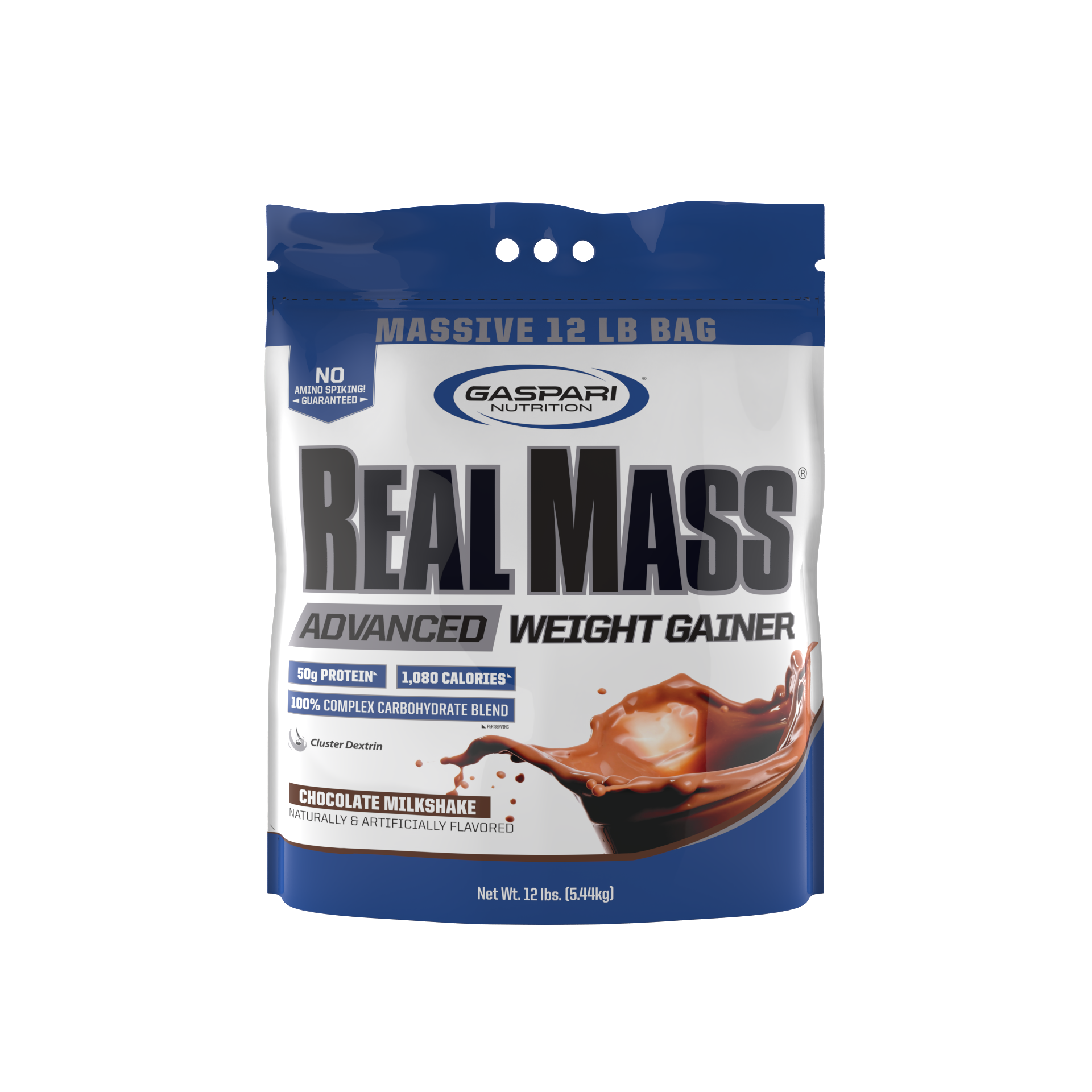











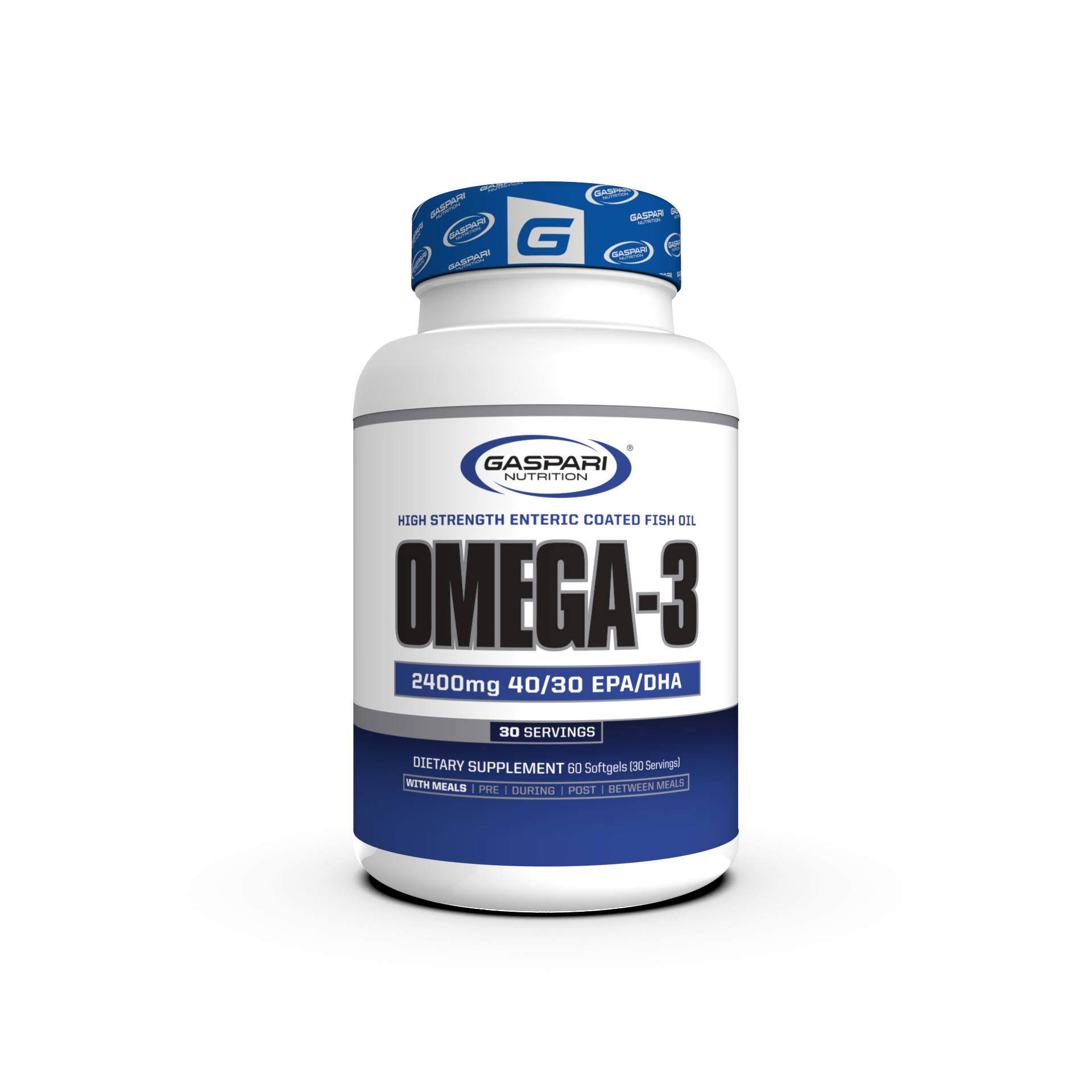



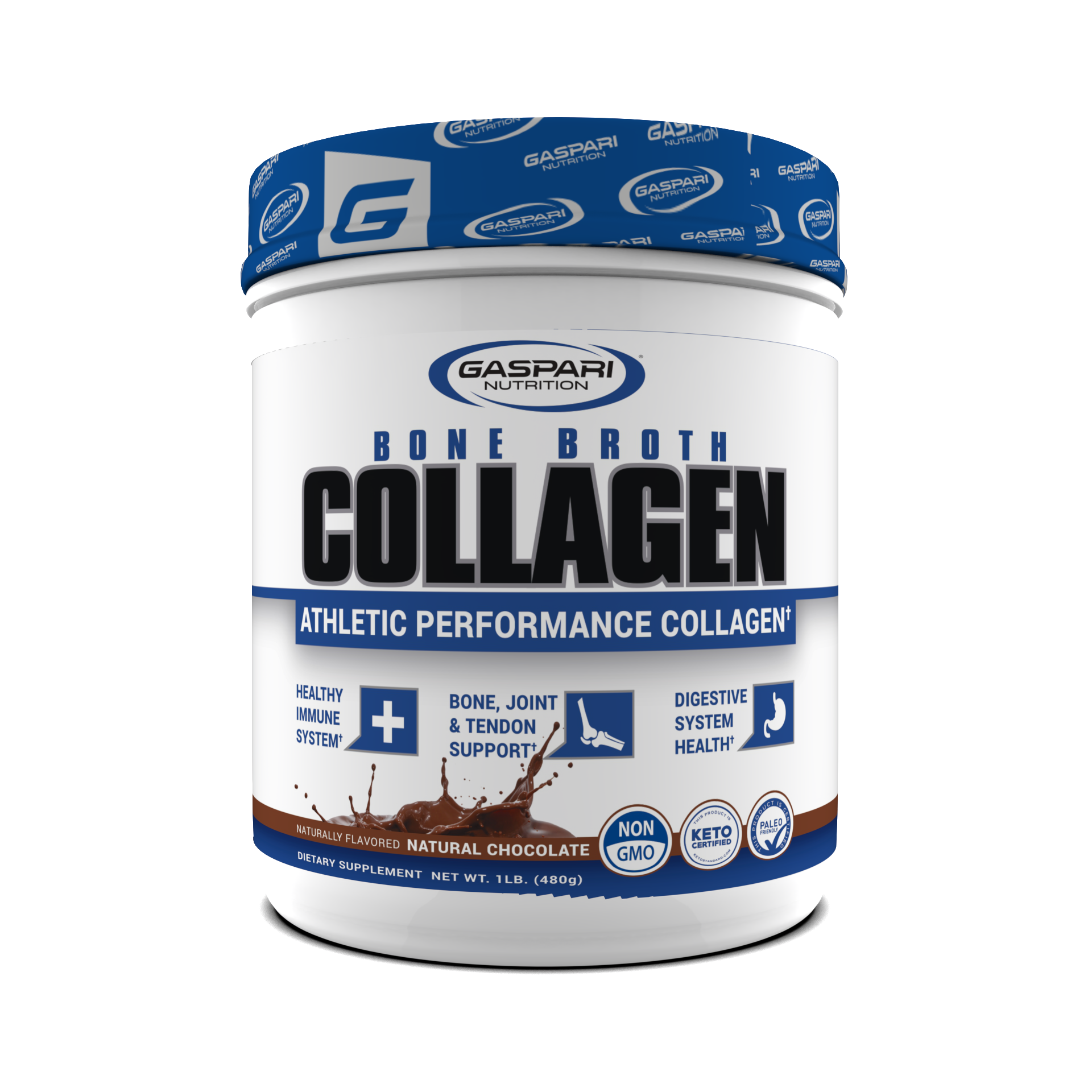



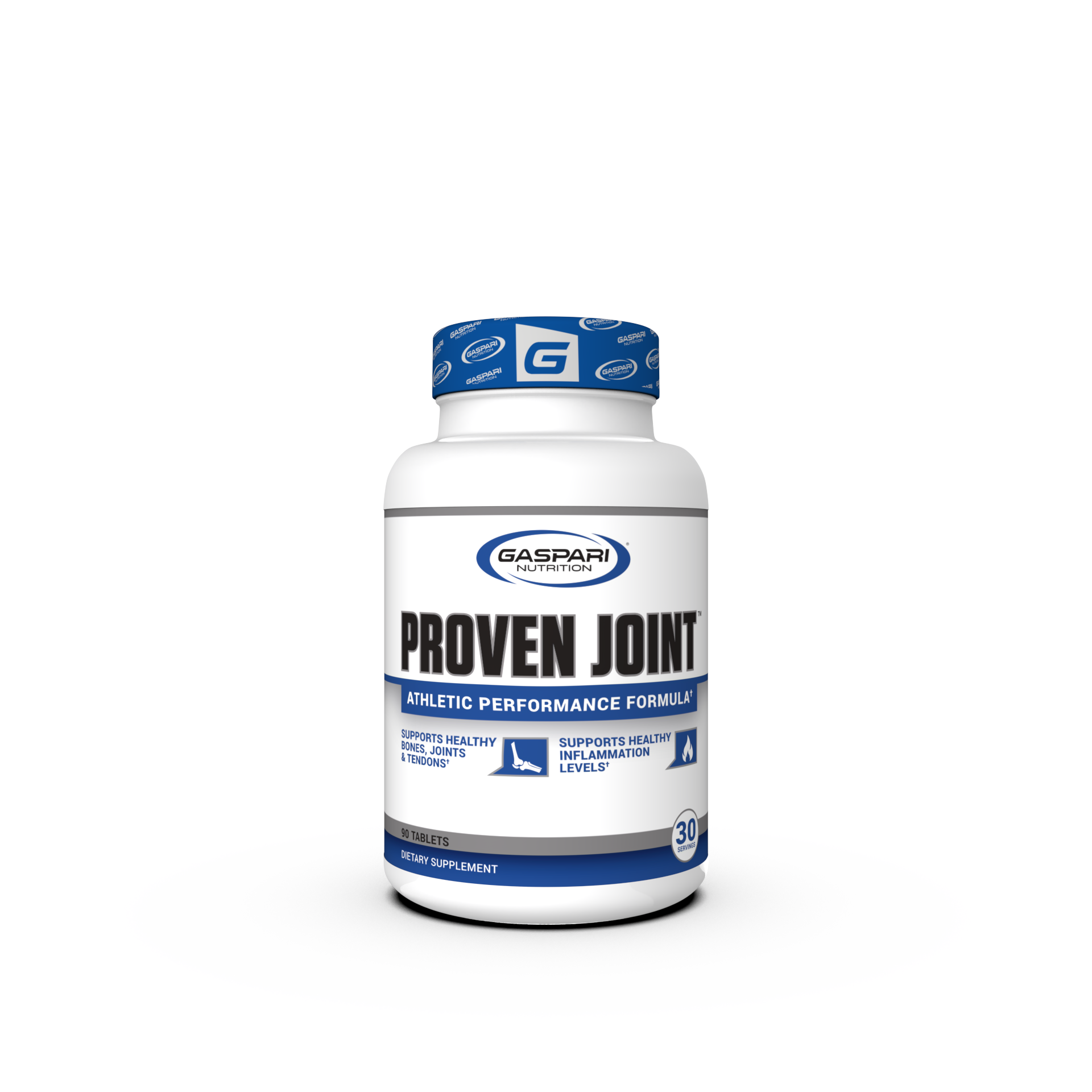








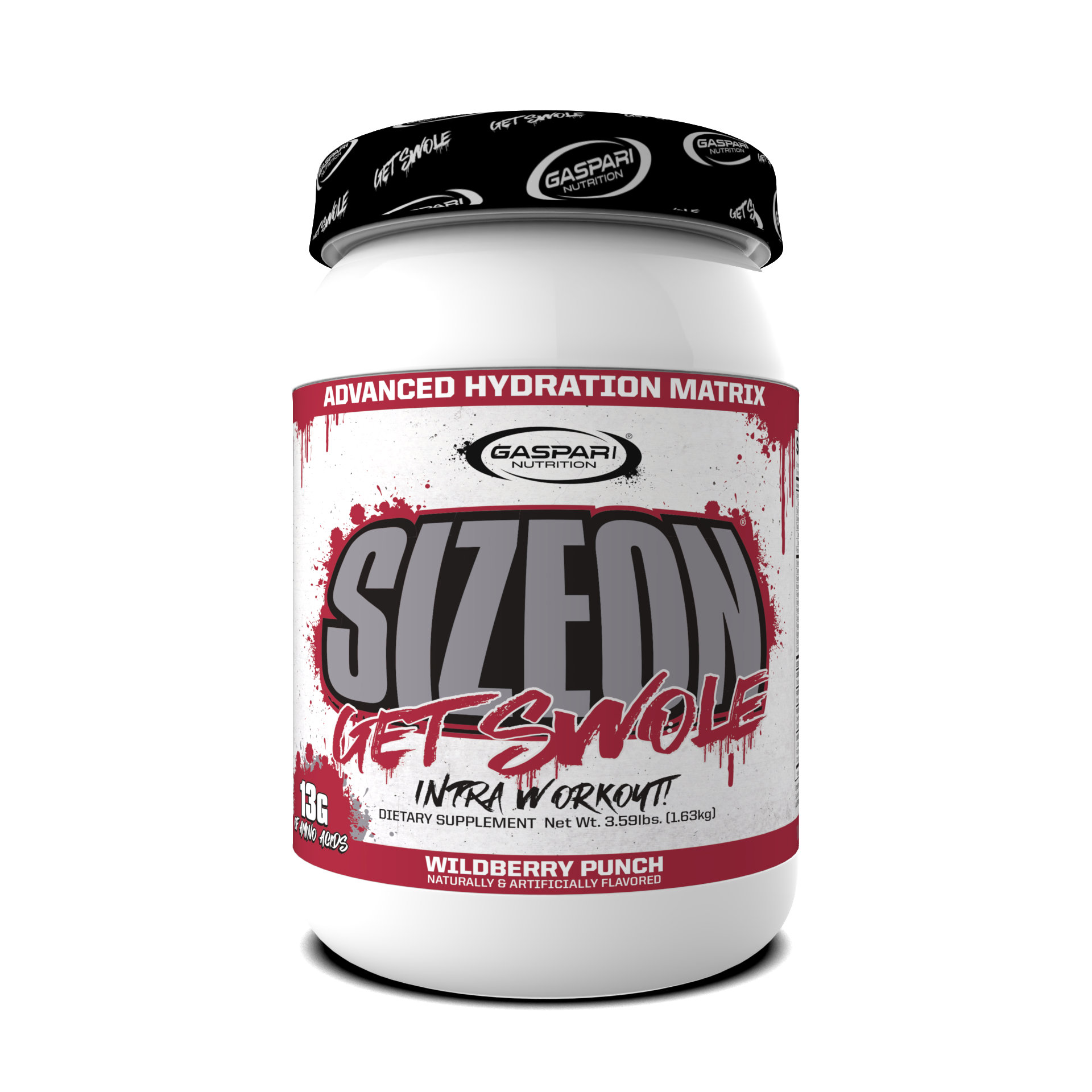


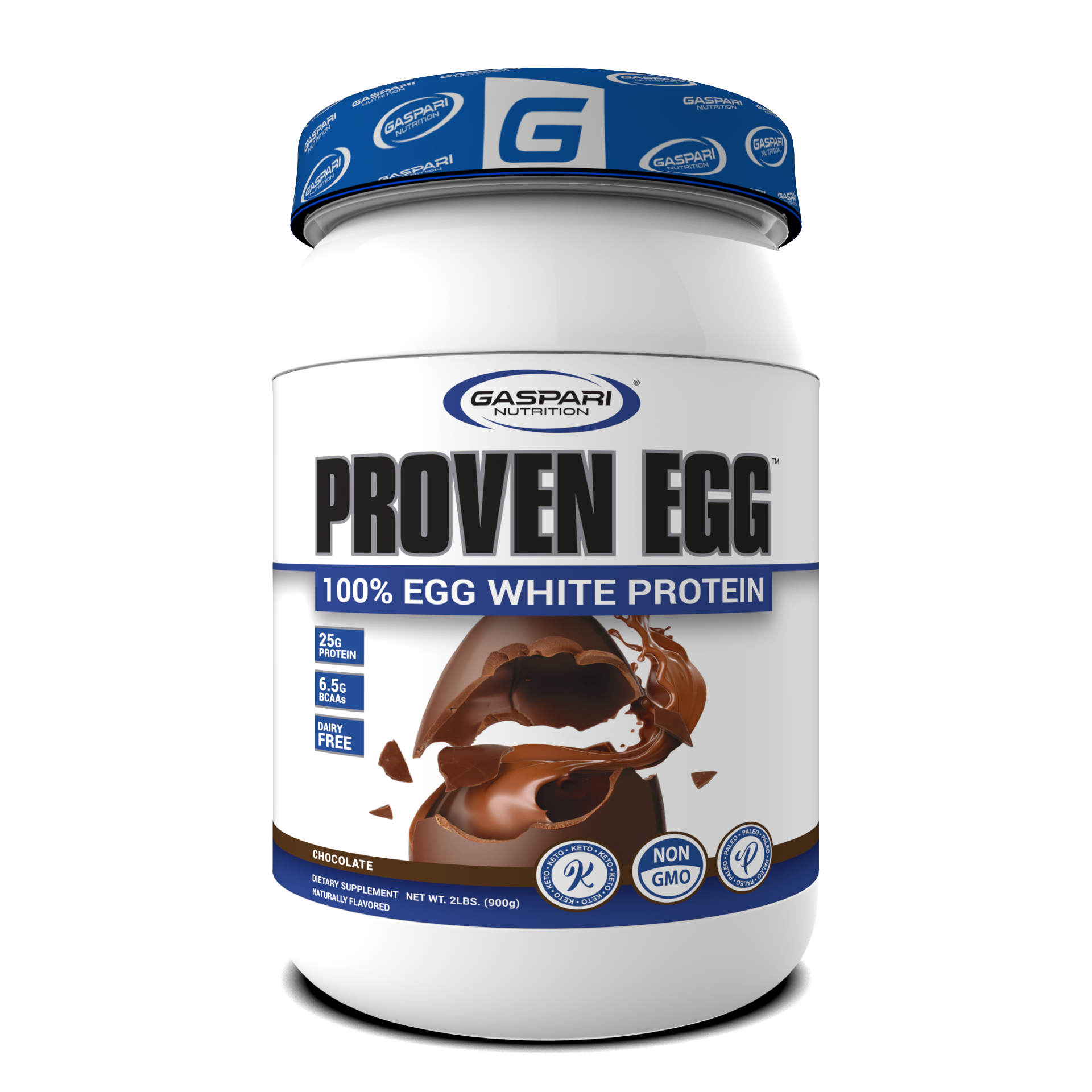

Share:
The Power of Creatine
EAAs vs BCAAs